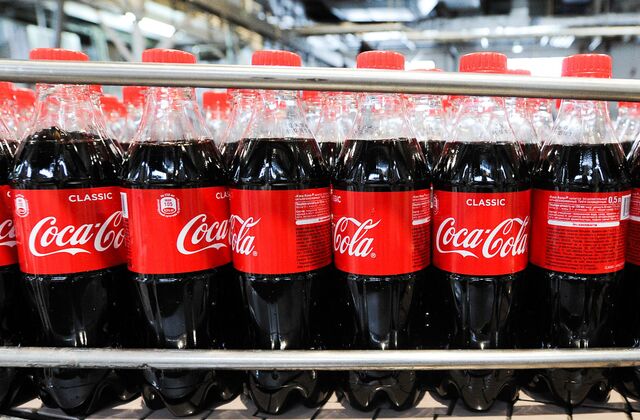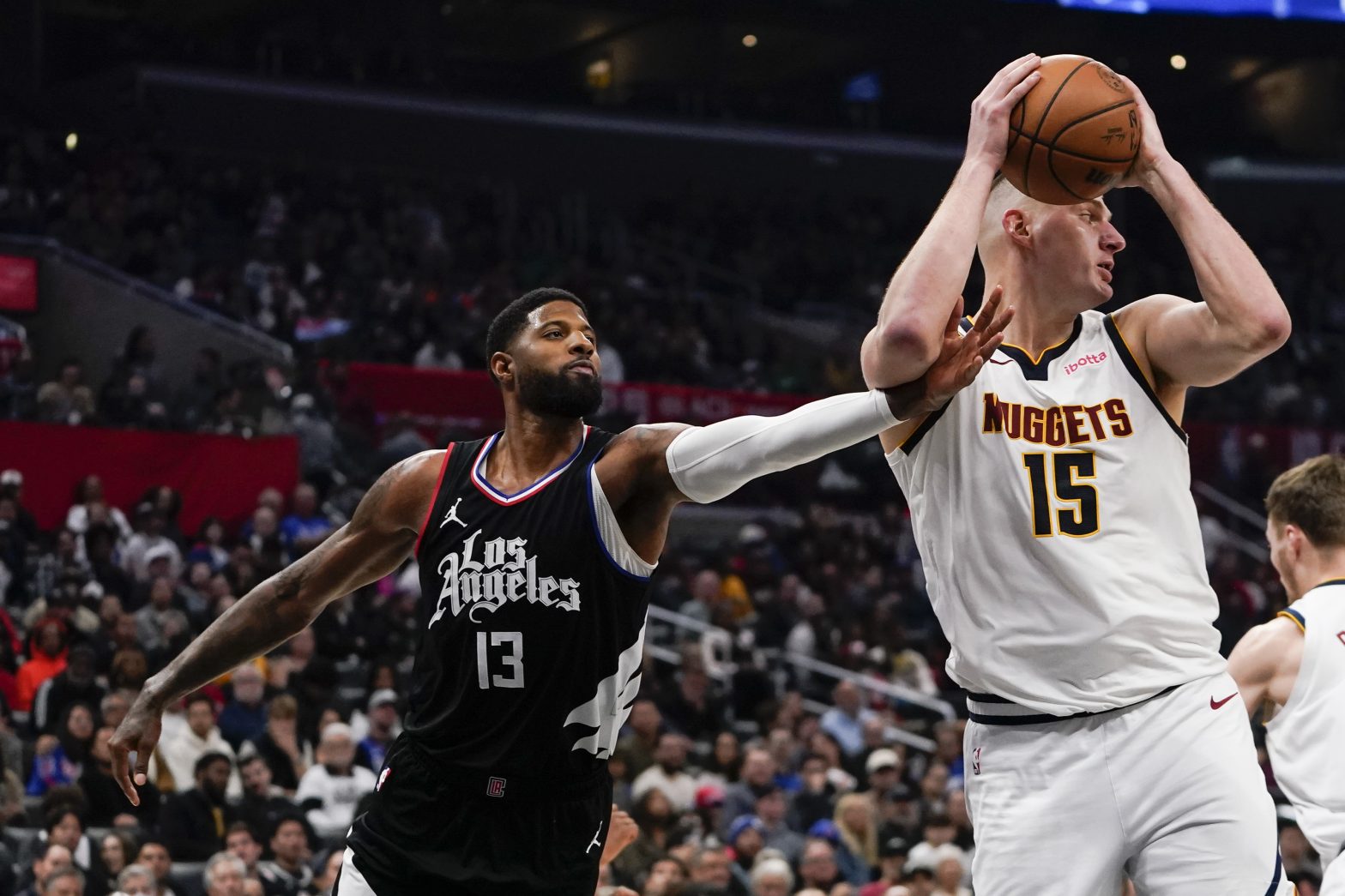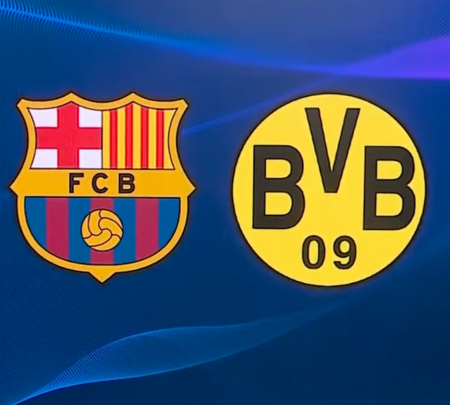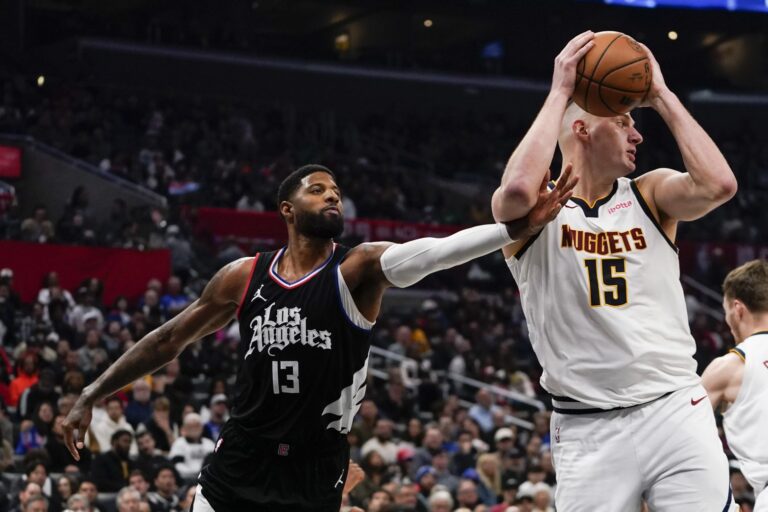The ongoing initiative known as the Freeze Latino Movement has been actively promoting a boycott against numerous American companies. This movement emerged as a response to the deportation practices by the Trump administration and ICE. Such actions have led to heightened tensions and vocal criticisms among many within Latino communities.
Prominent participants in this movement have utilized social media to share videos exhibiting their stance. One widely shared clip illustrates a poignant scene where family dynamics clash over consumer choices.
A young man questions the endorsement of Coca-Cola at their dinner table, prompting a decisive act of pouring the drink down the drain. This visual representation underscores the group’s intent: to “turn their backs on United States companies.”
The companies being targeted in the boycott include notable names such as Coca-Cola, Walmart, McDonald’s, Starbucks, Costco, Subway, Pizza Hut, Home Depot, Tesla, KFC, and Domino’s. Each of these entities represents American economic interests that some members of the Latino community wish to challenge.
Key Companies in Boycott:
- Coca-Cola
- Walmart
- McDonald’s
- Starbucks
- Costco
- Subway
- Pizza Hut
- Home Depot
- Tesla
- KFC
- Domino’s
Through this campaign, the Freeze Latino Movement advocates for an economic shift, encouraging consumers to choose products manufactured in Mexico or other Latin American countries. The premise is clear: collective financial restraint can be a powerful tool for social change.
Frequently Asked Questions
What are the reasons behind the Latino group’s call for a boycott of popular US brands?
The Latino group’s call for a boycott primarily stems from dissatisfaction with immigration policies and actions perceived as discriminatory against Latino communities. For example, the Freeze Latino Movement has been vocal in their protest against deportations initiated by certain political administrations. Additionally, some feel that specific companies have not adequately supported diversity and inclusion, which has fueled further calls for boycotts.
Which specific US brands are being targeted for the boycott by the Latino group?
Brands targeted generally include those perceived as not supporting diversity or aligning with controversial political stances. A notable example is Goya, which faced backlash after its CEO’s comments in support of President Donald Trump. Protests have also been aimed at companies like Target following rollbacks in diversity, equity, and inclusion initiatives.
What outcomes is the Latino group hoping to achieve with the boycott?
The Latino group aims to affect change in corporate practices and policies that align more closely with the values and priorities of Latino communities. These objectives include increased corporate support for diversity initiatives and public declarations of support for policies that favor immigrant rights and protection against discrimination.
How is the broader Latino community responding to the call for a boycott?
The broader Latino community shows mixed reactions. Some actively support the boycott as a means of taking a stand against perceived injustices. For instance, some consumers believe that their purchasing decisions can be used to protest bigotry and prompt greater awareness. Others may view these actions with skepticism, particularly if they feel a personal or cultural affiliation with the brands in question.
Are there any notable figures or organizations that have expressed support or opposition to the boycott?
Prominent voices in the Latino community, as well as various advocacy groups, have expressed support for the boycott. They view it as a protest against policies and practices deemed unfair. Conversely, some political figures and business leaders oppose the boycott, arguing that it may unfairly impact employees and stakeholders. The responses create a varied landscape of opinions within and outside the Latino community.
What have been the responses of the affected US brands to the boycott initiative?
Affected brands have responded in different ways to the boycott initiatives. Goya, for instance, faced significant backlash but did not issue an apology for the CEO’s statements. Other companies, like Target, have faced calls for boycotts after reductions in diversity initiatives were perceived negatively. Responses range from public statements defending their positions to attempts at engaging in dialogue with affected communities.














